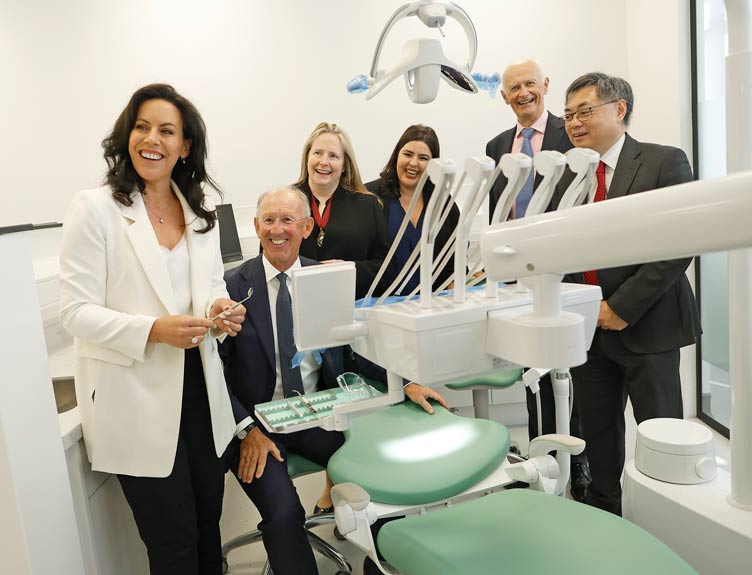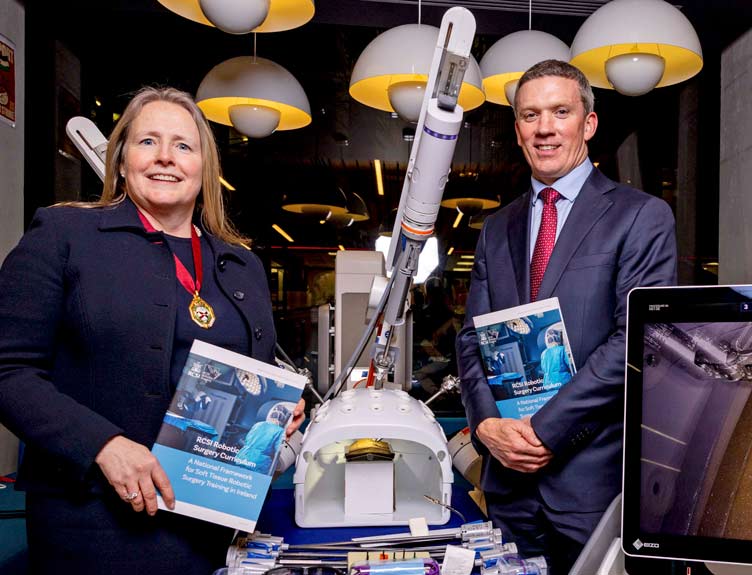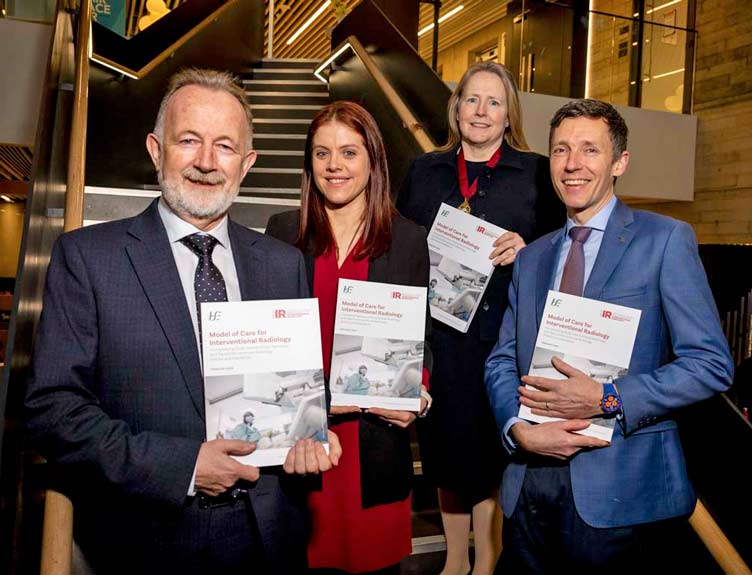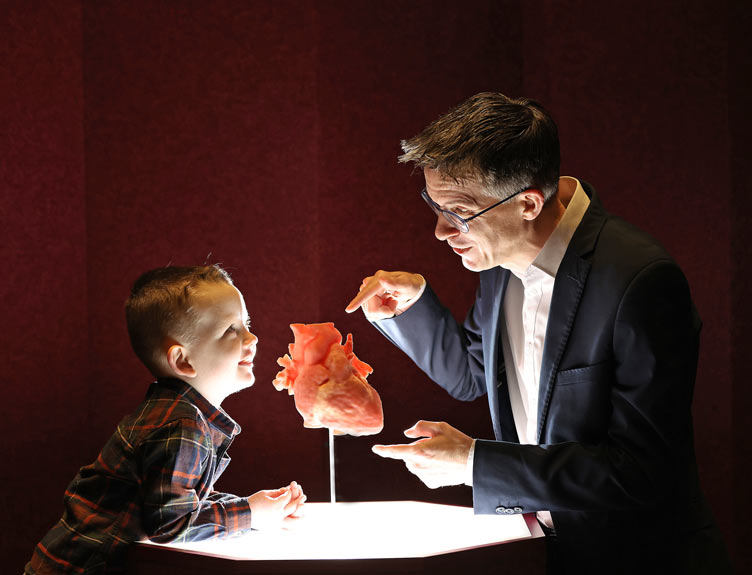RCSI opens state-of-the-art Dental Education Centre in Sandyford

RCSI University of Medicine and Health Sciences has today opened a €12 million, purpose-built Dental Education Centre in Sandyford – a milestone in the expansion of dental education in Ireland and a significant step towards addressing the national shortage of dentists.
Ireland currently trains fewer dentists per capita than most OECD countries. Over 45% of newly registered dentists with the Dental Council are trained overseas, and patients across the country can experience long waiting times and inconsistent access to care, particularly in underserved communities.
The Higher Education Authority (HEA) awarded funding to provide 20 new dentistry places per annum for Irish/EEA students at RCSI from 2025 onwards as part of the Government’s plan to increase healthcare places in Ireland.
RCSI’s new Dental Education Centre will support its innovative Bachelor of Dental Surgery (BDS) degree programme, equipping students with the skills, confidence, and community-based experience to deliver high-quality, patient-centred dental care.
Under the leadership of Professor Albert Leung, Head of RCSI School of Dentistry, the Sandyford centre will accommodate first- and second-year students and faculty. It includes 55 dental manikin simulators for early clinical skills training, a dental laboratory, and a 12-chair community clinic where students will treat patients under supervision. The centre offers immersive, hands-on learning supported by interdisciplinary collaboration and evidence-based teaching.
Sandyford is the first of three planned RCSI Dental Education Centres, with the second under construction at Connolly Hospital, Blanchardstown. These centres are designed to train students in authentic, community-based environments, bringing education closer to patients and encouraging graduates to practise dentistry where care is most needed.
RCSI’s Bachelor of Dental Surgery was developed in partnership with the award-winning Peninsula Dental School in Plymouth. The programme is aligned with Smile agus Sláinte, Ireland’s national oral health policy, and international best practice. Students will follow a curriculum focused on early simulation training, progressive clinical exposure, interprofessional learning, and public health engagement. They will be prepared to work in multidisciplinary teams and to respond to the social and economic factors influencing oral health.
Speaking at the opening, Minister for Health, Jennifer Carroll MacNeill TD said: “I was delighted to visit the new state-of-the-art Dental Education Centre, which will support the delivery of RCSI’s new Bachelor of Dentistry programme from September 2025. This initiative aligns with the Government’s National Oral Health Policy and reflects our commitment to expanding access to care for all our communities. In providing new dentistry places for Irish and EEA students, RCSI’s programme will significantly enhance national training capacity and our oral health workforce for the future.
“The launch of this new undergraduate dental programme is not just about increasing numbers, it is helping to transform how and where we train future dentists and it will help address long-standing workforce challenges in dentistry. It also ensures that our healthcare service is supported by a steady and sustainable pipeline of highly skilled graduates.
“This is a great opportunity for dentistry in Ireland. I also look forward to students contributing towards a high-quality, accessible oral health service into the future.”
Professor Cathal Kelly, Vice Chancellor, RCSI, said: “RCSI’s commitment to dental education reflects our mission to educate, nurture and discover for the benefit of human health, and our ambition to respond to national workforce needs by preparing skilled, community-focused dentists.
“Our vision is to train dentists in the community, for the community. Our programme and this new Dental Education Centre will enable us to increase the number of dentists trained in Ireland, help reduce our dependence on overseas-trained professionals and improve access to care where it is needed most.
“I am delighted that due to Government support, through HEA funding, we will accommodate 20 Irish/EEA dentistry students as part of our first cohort in 2025. This important boost in national intake numbers is expected to represent a 50% increase on intake to dentistry degree programmes in Ireland this autumn.”
Professor Kelly also thanked those involved in the project: “Thank you to our design team, led by architects MDO, our contractor JSD and the RCSI teams who have brought this important development to life.”



